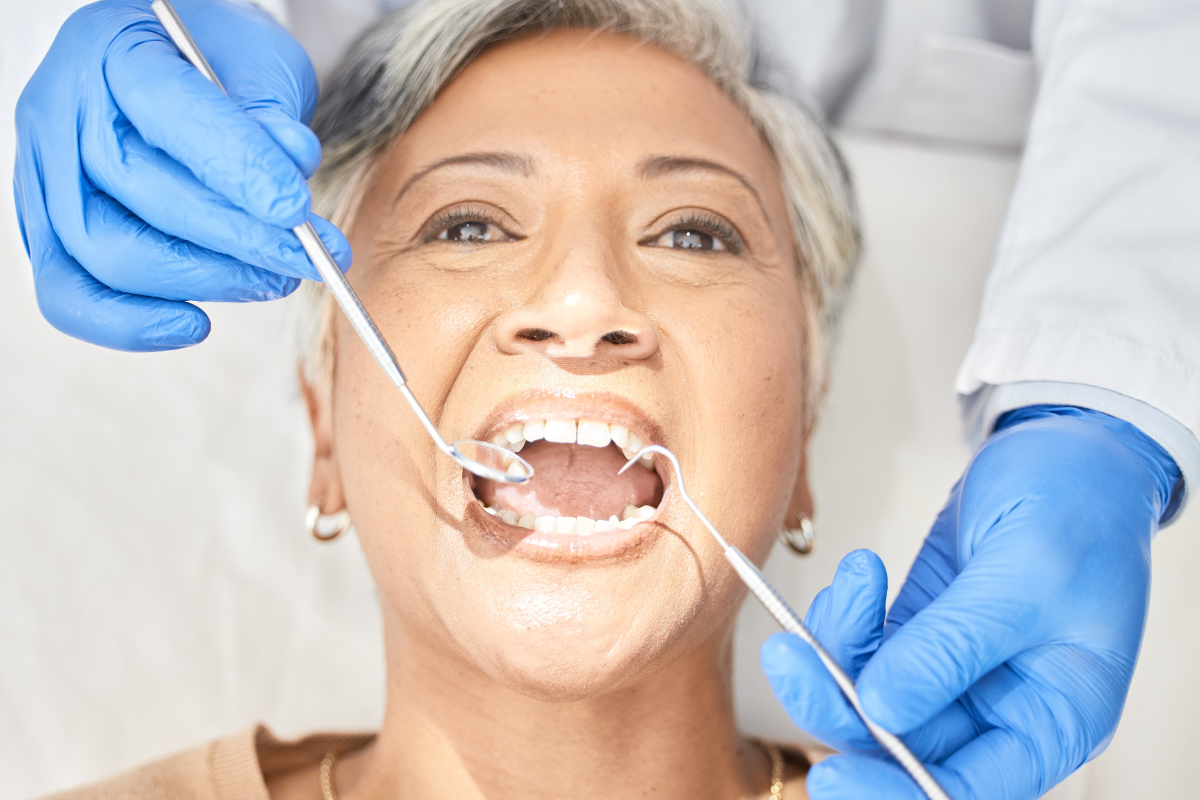22Nov
Essential Oral Health Care for the Elderly: Tips for a Healthy Smile


As we age, maintaining good oral health becomes increasingly important. Oral health in the elderly can impact overall well-being, affecting nutrition, speech, and confidence. At GoodHealthES.com, we’re committed to helping seniors and their caregivers understand how to care for aging teeth and gums effectively.
Why Oral Health Matters for Seniors
Aging brings natural changes in the mouth, such as gum recession, dry mouth, and tooth wear. These changes can increase the risk of dental problems including:
- Tooth decay
- Gum disease
- Oral infections
- Tooth loss
Good oral hygiene helps prevent these issues and supports overall health, reducing risks of heart disease, diabetes complications, and respiratory infections.
Common Oral Health Challenges in the Elderly
Dry Mouth (Xerostomia):
Many seniors experience reduced saliva flow, often due to medications. Saliva protects teeth, so dry mouth can lead to cavities and discomfort.
Gum Disease:
Gum health declines with age, increasing risks of gingivitis and periodontitis. Regular dental visits can help detect and treat gum issues early.
Tooth Loss and Denture Care:
Tooth loss is common but preventable. Proper denture hygiene is crucial to avoid infections and maintain oral comfort.
Oral Cancer:
Seniors have a higher risk of oral cancer, so regular dental screenings are essential.
Practical Oral Care Tips for Seniors
- Brush Twice Daily: Use a soft-bristled toothbrush and fluoride toothpaste. Electric toothbrushes can be easier for those with limited dexterity.
- Floss Regularly: Clean between teeth to remove plaque and prevent gum disease.
- Stay Hydrated: Drink water throughout the day to combat dry mouth.
- Limit Sugary Foods and Drinks: Sugar increases cavity risk.
- Visit the Dentist: Regular checkups help catch problems early and keep dentures fitting well.
- Manage Medications: Discuss side effects like dry mouth with your doctor or dentist.
Supporting Elderly Loved Ones
If you care for an elderly family member, assist with their oral hygiene routine and encourage dental visits. Small actions can significantly improve their quality of life.
Maintaining oral health in older adults is key to a healthier, happier life. Stay proactive and seek professional advice whenever needed.
FAQs about Elderly Oral Health
Q: How often should elderly people visit the dentist?
A: At least twice a year for regular checkups and cleanings.
Q: What can help with dry mouth?
A: Staying hydrated, using saliva substitutes, and avoiding caffeine or tobacco.
Q: Are dentures necessary for all elderly people?
A: Not all, but many benefit from dentures or dental implants to restore chewing function.
